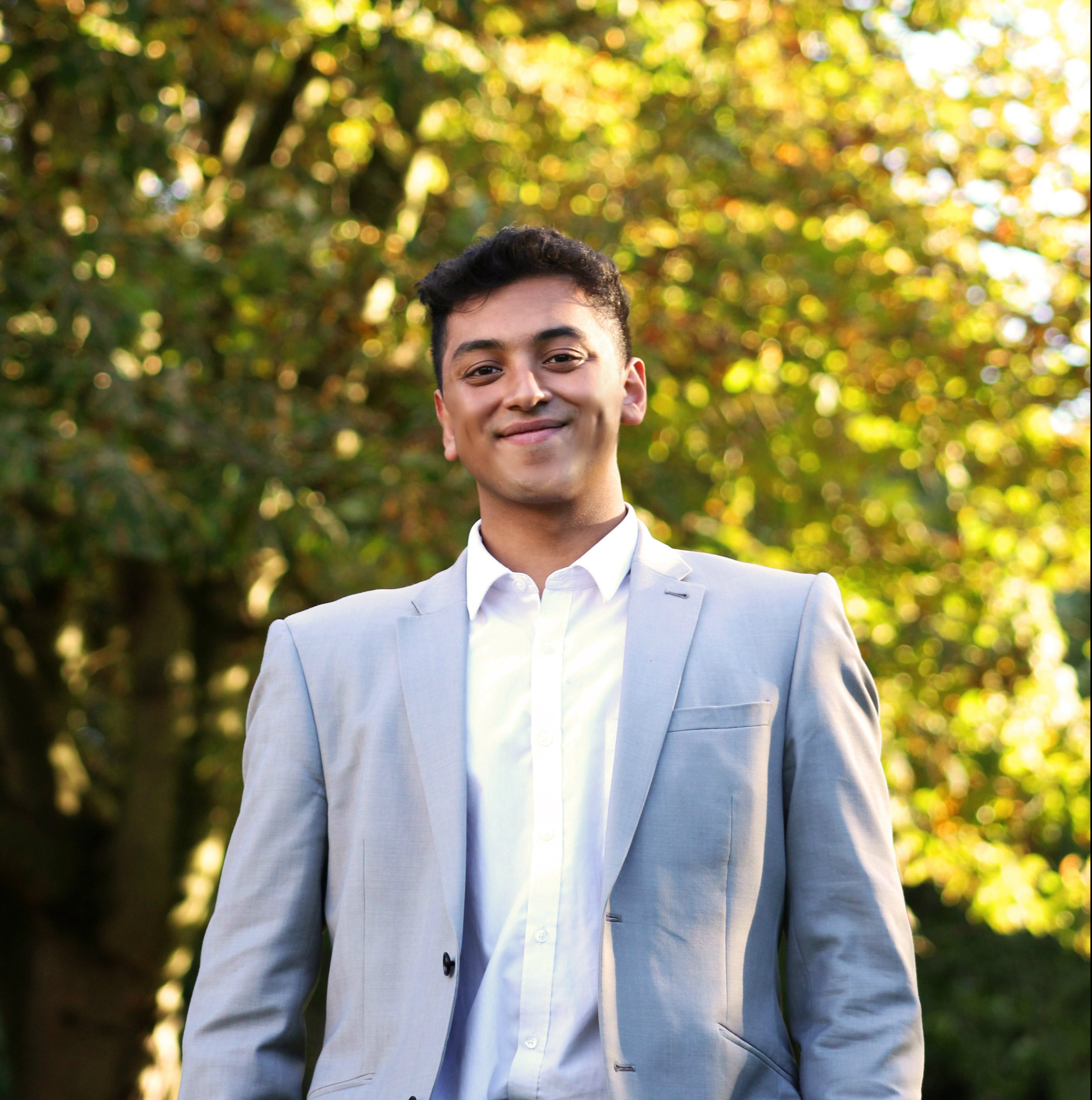6 February, 2018
With passion for water
Despite having participated in numerous science fairs, the Stockholm Junior Water Prize (SJWP) 2017 remains one the most memorable experiences for Krtin Nithiyanandam who participated last year.
Krtin Nithiyanandam is a 17-year student from London. This is his story from his SJWP experience 2017.

With one clear goal in mind – to identify student innovation within water research – the SJWP enhances a common interest present within each of the finalists and provides an opportunity for students to showcase their water research to an active and interested global community.
My passion for water-research stems from my desire to be able to advance global health. I believe that democratizing access to basic humanitarian resources, such as water, will allow humanity to combat disease, famine and malnutrition. I see sustainable, and accessible, water-purification as a means of accomplishing this goal and it was this realization that inspired my entry to the SJWP – which was a cellulose-based bioplastic capable of cheaply removing several water pollutants.
The SJWP international jury was comprised of experts from all areas of water research, from civil engineering to science communication. Their intuitiveness and ability to constructively scrutinize our research from professional perspectives was particularly outstanding; the international jury rapidly picked up on the intricate details mentioned in our oral presentations and ascertained their applications. For example, Professor Yoshihisa Shimizu explored the potential use of my water-purifying bioplastic to clear the radioactive water pollutants around the Fukushima coast in his native Japan, and Ms. Fabienne Bertrand was particularly interested how my research was socially sustainable so it could be effectively implemented in countries like Haiti, where she is predominantly based.
Although a competition with a singular focus on water, the SJWP encourages projects spanning several disciplines, from bio-engineering to social policy; I hadn’t realised how diverse a field water-research truly was.
We were fortunate enough to attend some of the World Water Week seminars, during which we heard world leaders and water advocates describe their unparalleled work in democratizing water access and ensuring water security for future generations. A particularly insightful presentation was that by Professor Stephen McCaffrey: he highlighted how water was a powerful resource that had implications from political diplomacy to advancing global public health. Professor McCaffrey described his inspirational role in consolidating the Cooperative Framework Agreement between the Nile riparian states, thus opening numerous possibilities for sustainable socio-economic development – all thanks to the fair partitioning of vital water resources in the Nile Basin.
The week in Stockholm certainly motivated me to further pursue my water research in the endeavour of addressing public health. The SJWP cultivated an atmosphere of collaboration instead of competition, and has gifted me with lifelong friends from a diverse, international community, with whom I hope I will someday be able to collaborate with to solve some of the world’s greatest water challenges.